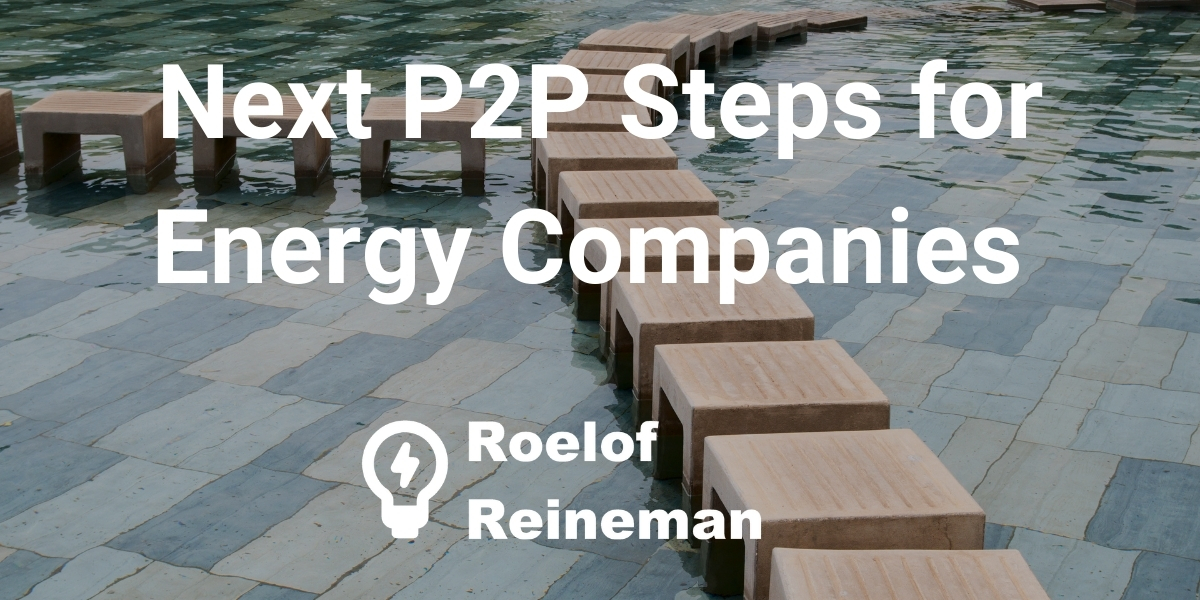We all know the story of David and Goliath. At least, I thought I knew until I heard it again via Malcolm Gladwell in his TED talk. This made me realize among electric vehicle makers there are also Davids and Goliaths, but they seem to have a paradoxical approach to the market. Or is it just a difference in their perspectives on the market?
Malcolm Gladwell
in his TED talk Malcolm describes the classical story of David and Goliath, where these two fight against each other. Goliath the giant warrior, David the little sheepherder. It is used frequently to tell of stories where a little underdog is fighting a seemingly bigger and stronger opponent and other improbable victories.
Malcolm tells of a medical condition that is usually associated with 'giantism' as Goliath might suffer. It is a condition which hinders his vision and leads Goliath and David to prepare both for a different fight when pitted against each other.
Tesla's business model
Tesla's strategy to market has always been to start this with a high-end car; their Tesla Roadster was prized around €100.000. Their second generation electric vehicle is cheaper, but not really a mass market model. Their approach is to start with high-end cars in order to finance the research and work for the cheaper cars.
GM or Nissan apparently have a different strategy; they didn't start with a top of the line electric vehicle, but a model that looks to be more aimed at the mass market. The Nissan Leaf and the Chevy Volt started out in the €32.000/€42.000 range.
Paradox
It appears a bit strange for an underdog to take on a big competitor. It appears even stranger still if the underdog is aiming for high-end cars while the established big OEM is after cheaper mass market models from the start.
For Tesla it makes a lot of sense as the high end car helps Tesla to gain more production knowledge, secure financials and position for a more mass market aimed car. They also have to sell less cars to raise a substantial amount of cash and with less cars around, there is less financial damage from potential recalls.
So why does the EV Goliath not do a similar approach? Obviously they have more cash to burn, but is that a good reason to burn it? Or do David and Goliath have a different perspective here as well?
Need to beat Goliath? Get in touch.




